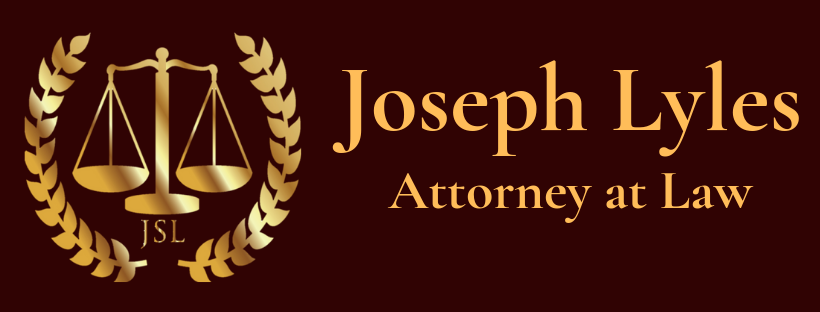Lesson 38: Don’t Leave Real Estate In Fee to Someone Who Needs it In Trust
From the Real Estate section of How You Can Avoid Legal Land Mines by Joseph S. Lyles (2003).
I represented a senior citizen, Linda, who was involved in a serious car accident in which she sustained a bad injury, putting her in a wheelchair for the rest of her life. Fortunately, there was a good deal of insurance coverage available, and Linda obtained a substantial recovery.
Linda was resourceful enough to realize that this was a once-in-a-lifetime opportunity, and she saved and invested the proceeds instead of spending them like so many dol. She hoped to use a portion of the funds to help her two sons, who needed it. One in particular was illiterate, unsophisticated and barely able to earn a living.
Linda decided to buy a small house and give it to her disadvantaged sone so he would always have a home. That was a good idea, but she made the mistake of giving the son complete and total ownership (often called in fee). After Linda died, the sone became involved with some bad people who took advantage of his naiveté. They talked him into taking out a loan secured with a mortgage on the house. And then the sone became completely disabled and couldn’t make his mortgage payments.
If Linda had given the house to her son in trust, instead of in fee, he wouldn’t have been able to put a mortgage on it, and he would still have a place to live.
The Lesson: When providing for loved ones by giving them real estate, be careful. If they are unable to take care of themselves, someone else should be given the power to control the real estate. If you do not want the loved one to sell the real estate, then you need to take certain legal precautions, such as putting the title in trust.
